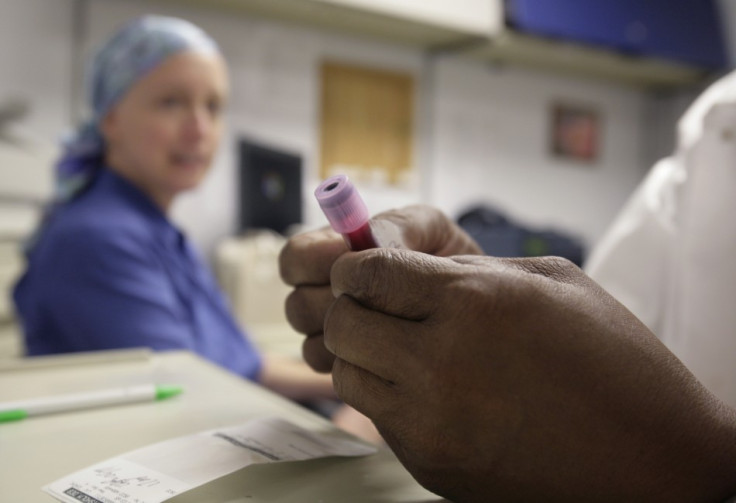Cancer-Fighting Virus Shows Promise, say Canadian Scientists

A genetically engineered virus that targets cancerous tumour cells in patients without harming healthy tissue has been used successfully for the first time, researchers say.
Canadian scientists used an intravenous injection to spread the virus throughout the bloodstream and target tumour cells anywhere in the body. Crucially, the procedure identifies cancer wherever it has spread without harming healthy tissue.
The initial trial comprised 23 patients with advanced-level cancers who were given infusions of the JX-594 virus, the Winnipeg Free Press reports. The process was designed to establish safe dosages rather than its effectiveness, but six of the eight patients who were given higher doses experienced a decrease or arrested growth of their tumours.
For decades scientists have tried to identify which viruses are capable of alerting the immune system to search out and eliminate cancerous cells. But it is only in recent years that advances in genetic technology have allowed them to manipulate viruses to target specific tumours, Reuters reports.
The researchers in Ottawa, the United States and South Korea have been suitably encouraged by their findings, which were published this week in the journal Nature.
"We are very excited because this is the first time in medical history that a viral therapy has been shown to consistently and selectively replicate in cancer tissue after intravenous infusion in humans," Professor John Bell, from Ottawa Hospital Research Institute in Canada, who co-led the trial said.
"Intravenous delivery is crucial for cancer treatment because it allows us to target tumours throughout the body as opposed to just those that we can directly inject.
"With chemotherapy you get drastic side effects. Patients on this treatment only had 24-hour flu symptoms and nothing after that."
More research, including a mid-stage trial of patients with liver cancer, is currently underway.
"We're now starting a larger trial that will involve 120 patients and will give them multiple treatments, and hope to show our virus is better than the current therapies that are out there," Bell added.
© Copyright IBTimes 2025. All rights reserved.





















